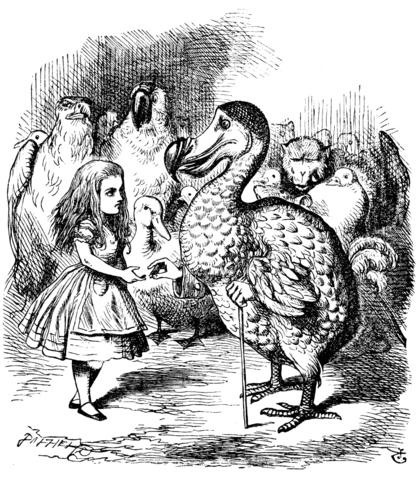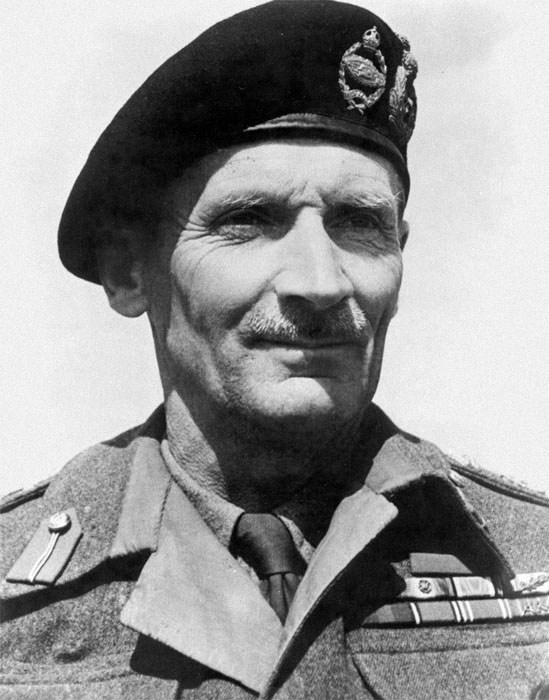Strategy, Winston Churchill, and the power of positive thinking
Monday, October 7th, 2013[by Lynn C. Rees]
Winston Churchill had terrible parents.
Randolph Churchill was a Tory meteor who shot brightly across British politics only to die of syphilitic inanity by age 45. The elder Churchill’s attitude towards his firstborn was cold and dismissive: while he may never have said anything as chilly as Arthur Wellesley’s mother (“my ugly boy Arthur was food for powder and nothing more”), Randolph Churchill agreed with Ann Wesley’s sentiments enough to pack young Winston off to Sandhurst to become cannon fodder.

Randolph Churchill
Jennie Jerome was an American heiress who spent most of her time pursuing (and being pursued by) high London society. Winning Mum of the Year was item 113 on her 100 item todo list. When his mother finally allowed him to develop a personal relationship with her deep into his twenties, Churchill described their relationship as more brother-sister than mother-son.

Jennie Jerome Churchill
Churchill reacted to his parental deep freeze by idealizing mum and dad. If the beacon of maternal love in Churchill’s memoirs will never be mistaken for the real Jennie Jerome Churchill, Churchill ignored the incongruity. If the romanticized father he worshipped bore only a slight resemblance to the real Randolph Churchill, Churchill’s desire for the approval of this shade conjured by his own vast imagination was enough to spur him to great deeds. Asked later in life what his greatest regret was, Churchill surprised one interviewer by wistfully wishing that Randolph Churchill had lived to see his son’s career success. Churchill even had a dream starring Randolph Churchill in 1947, 50 years after his father’s died. His father’s ghost appeared and interrogated Churchill about happenings in the world since his death. Churchill got to most of early 20th century history but, tellingly, he didn’t have enough time to tell his father of his key own role in those events before the dream ended.
Churchill’s eager over-imaginings not only gave him wonderful parents but other equally sustaining fictions. Churchill believed in (and almost willed into existence) a United Kingdom of Great Britain and Ireland that was as strong and vital in the early 20th century as it was under Pitt or Temple. In reality, the Britain of Churchill’s time was a run-down and dispirited shadow of glory, more fixated on bread and butter at home than dash and destiny abroad. In Churchill’s imagination, the Britain of 1940 was a Tyrannosaur among sheep. In reality, it was a dodo among eagles and bears.

The United Kingdom of Great Britain and Ireland
Lawrence Freedman has argued that Churchill’s strategy in 1940-1941 is vastly different from the strategy contemporary strategic studies holds up as an ideal. His strategy was the triumph of hope over experience, one of the great fantasy spectaculars of the 20th century. His soldiers were tired, his people were dispirited, his aircraft carriers carried biplanes, his generals were mulish, and his empire was restive. The only anchors in reality for Churchill’s strategy were the inability of Nazis to march over or part the English Channel and American reluctance to see faltering Britain replaced by revanchist Germany. All else was theater.

Mule
Churchill won the Nobel Prize for literature in 1953. This is revealing: Churchill was a better writer than orthodox strategist. His delusions were as larger than life as his correct notions were. But Churchill’s resort to grand narrative was far more successful than strategic orthodoxy can capture or comprehend. More often than not, the strength of conviction behind a strategy’s more tenuous elements wins more in war than its tenuous connection to reality warrants.
Churchill’s strategy in childhood consisted of holding on to a series of deluded and contradictory beliefs about his parents in the hope that something good would turn up. Churchill’s strategy in World War II consisted of holding on to a series of deluded and contradictory beliefs about the British Empire in the hope that something would turn up. Self-appointed strategic professionals often diagnose a possible strategic outcome as impossible only to be confounded when someone clings to impossibility until the possible turns up. Mere clinging has a long and distinguished record of unmasking the impossible as only the improbable under the wrong circumstances and the all too probable under the right circumstances.


